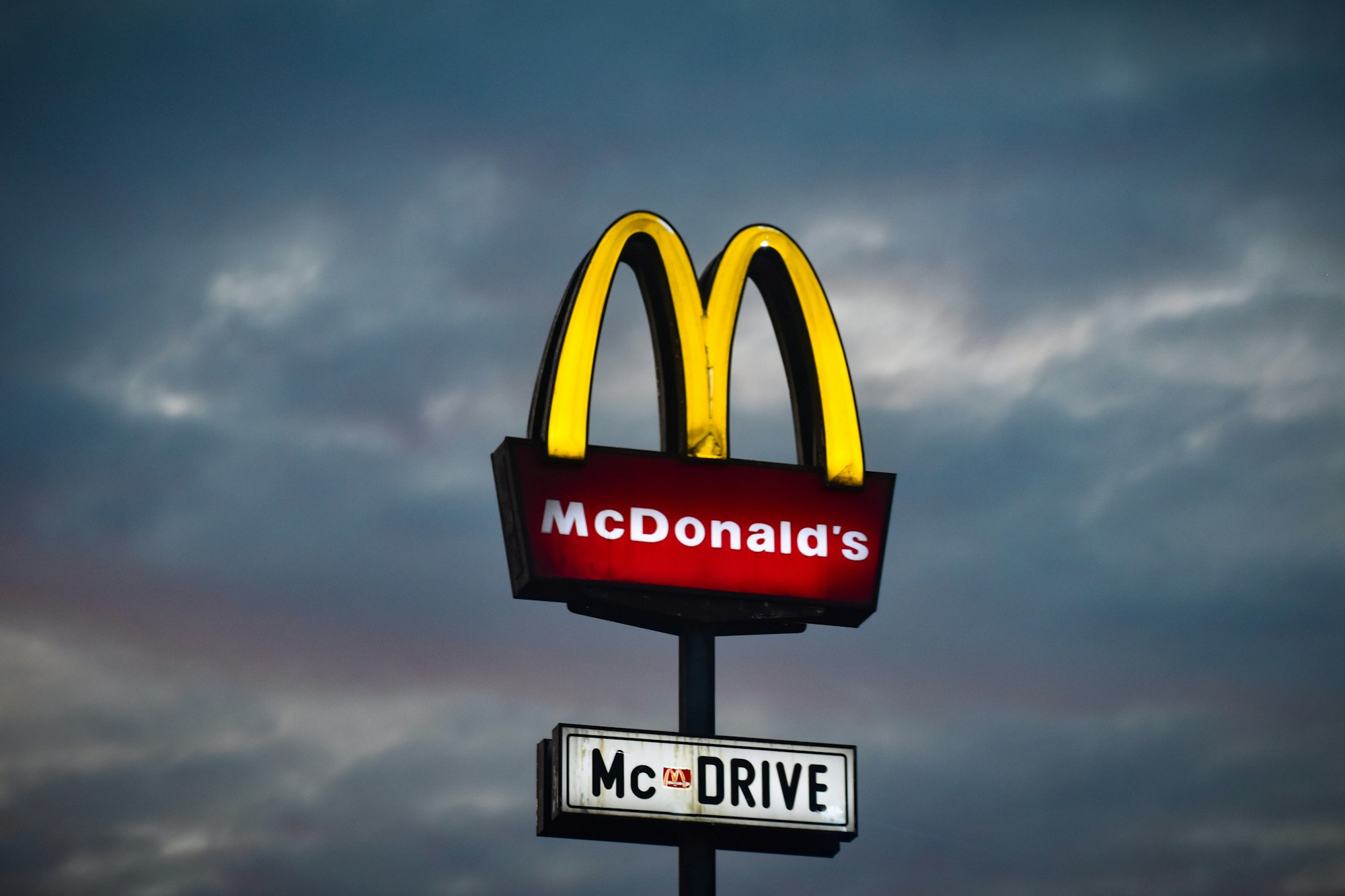Corporate vs. Advocacy: McDonald's Lawsuit Raises Eyebrows
BDS Malaysia has promptly refuted the allegations, issuing a statement wherein they "categorically deny" defaming McDonald's.

In a recent legal development, McDonald's Malaysia has taken legal action against the Boycott, Divestment and Sanctions (BDS) Malaysia movement, filing a defamation lawsuit seeking damages amounting to 6 million ringgit ($1.31 million).
The fast-food giant alleges that the BDS Malaysia movement, through social media posts, falsely implicated the company in Israel's conflict with Palestinians, resulting in reputational damage and financial losses.

McDonald's Malaysia is adamant in asserting that the civil suit is essential to safeguard its rights and emphasizes its non-support and non-condonement of the ongoing Middle East conflict.
BDS Malaysia has promptly refuted the allegations, issuing a statement wherein they "categorically deny" defaming McDonald's. The resolution of this legal dispute hinges on the unfolding legal proceedings, the evidence presented, and the final decision of the court. As of now, the outcome and potential ramifications of the lawsuit remain uncertain.
McDonald's Lawsuit
The Boycott, Divestment, and Sanctions (BDS) movement, rooted in Palestinian advocacy, champions a comprehensive strategy involving boycotts, divestments, and economic sanctions against Israel.
These measures are deemed necessary due to Israel's alleged violations of international law and human rights, and the movement draws inspiration from the anti-apartheid movement in South Africa. Key tenets of the BDS movement include advocating for the boycott of Israeli products, services, and institutions, divestment from Israel, and the imposition of economic sanctions to exert pressure on the country to adhere to international law and human rights standards.
Operating on a global scale, the BDS movement boasts over 200 affiliated organizations across more than 35 countries. These entities span unions, academic associations, churches, and grassroots movements, collectively contributing to the movement's significant impact on public awareness and its ability to influence various industries and companies. Prominent figures endorsing the BDS movement include Archbishop Desmond Tutu, Naomi Klein, Roger Waters, Angela Davis, and Judith Butler.
The BDS Movement
The BDS movement in Malaysia aligns with the overarching goals and principles of the global BDS network, comprising various local and regional groups. Its activities in Malaysia are part of a coordinated effort to bring attention to and address perceived injustices against Palestinians.
McDonald's in Malaysia falls under the ownership of Lionhorn Pte Ltd, a Saudi Arabian company owned by Sheik Fahd and Abdulrahman Alireza. The acquisition of McDonald's Malaysia and Singapore rights occurred in December 2016, with the deal reportedly valued at around $400 million for a 20-year franchise. Gerbang Alaf Restaurants Sdn Bhd oversees the operations of McDonald's in Malaysia, with Azmir Jaafar serving as the local managing director.

